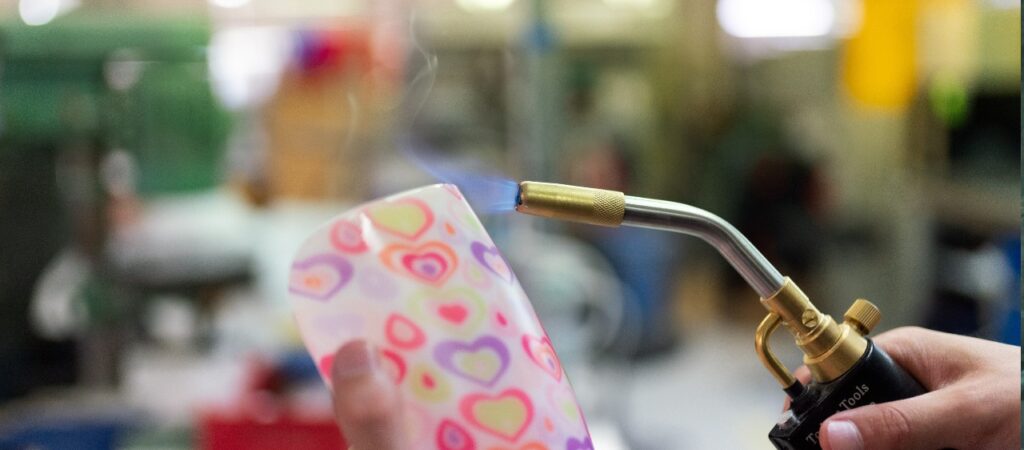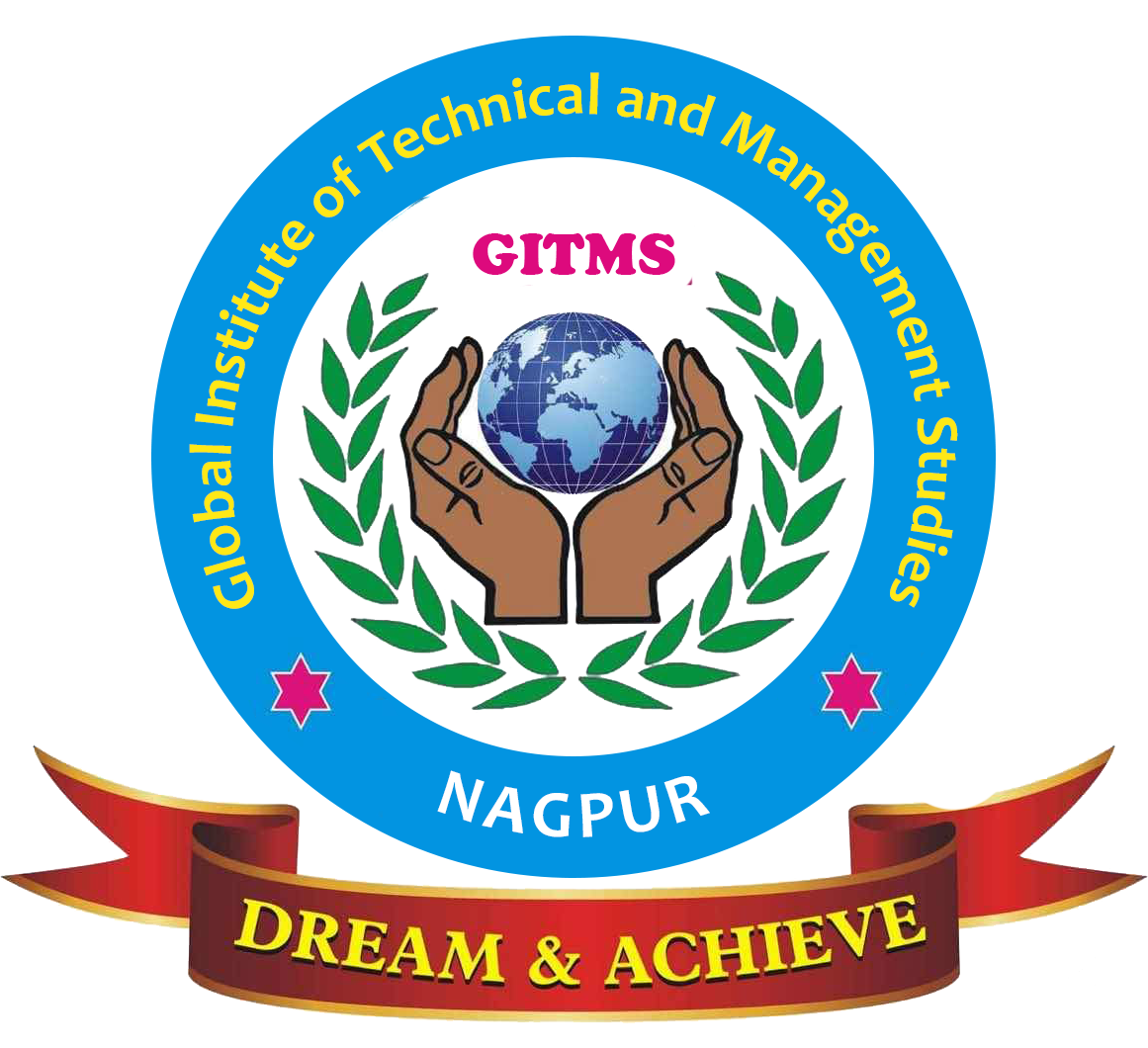Metallurgy Engineering

These programs are meant for basically those professionals who are already working in technical departments of the corporate sector. These courses enable our students to go ahead and achieve higher profiles in their respective organizations through a high profile curriculum.
| Courses | Diploma in Metallurgy Engineering | BACHELOR PROGRAM IN METALLURGY ENGINEERING | MASTER PROGRAM IN METALLURGY ENGINEERING |
| Eligibility | S.S.C with Work Experience | 3 Years Diploma or HSC with 3 years Work Experience | Graduate or Diploma with 5 years of Work Experience |
| Syllabus | Sem – I 1. Engineering Mathematics 2. Engineering Physics 3. Engineering Graphics 4. Applied Mechanics 5. Manufacturing Technology Sem – II 1. Engineering Chemistry 2. Metallurgy Drawing 3. Product Innovation & Rapid Prototyping 4. Fundamentals of Mechanical Engineering 5. Electronics and Electrical Principles Sem – III 1. Metallurgy & Quality Control 2. Micro fabrication & Nanotechnology 3. Metal Forming and Powder Metallurgy 4. Automation System 5. Applied Electrical and Electronics Engineering Sem – IV 1. Materials Joining Technology 2. Extraction Metallurgy Ferrous 3. Metallurgy & Heat Treatment 4. Material Technology 5. Thermo-Fluids Sem – V 1. 3D Mould Design & Plastic Processes 2. Advanced Physical Metallurgy 3. Iron Making 4. Mechanical & fixture Design 5. Metallurgical Analysis Sem – VI 1. Non Ferrous Production Metallurgy 2. Fuel Furnaces 3. Shop Floor Monitoring & Control 4. Heat Treatment of Metals and Alloys 5. Steel Making | Sem – I 1. Structure Of Metal 2. Elements of Physical Metallurgy 3. Thermodynamic Of Phase Evolution 4. Construction Of Equilibrium Diagram 5. Mathematics – I 6. Physical Metallurgy and Materials Engineering Sem – II 1. Structures & Properties Of Ceramics 2. Metal Joining and Powder Metallurgy 3. Moment Of Solid In Fluid 4. Mathematics – II 5. Transport Phenomena 6. Metallurgical Thermodynamics and Kinetics Sem – III 1. Alloy Steel Making and Ferroalloys 2. Concept Of Reversibility 3. Concept Of Partial Molar Properties 4. Phase Transformations and Heat Treatment 5. Introduction To Transport Phenomena 6. Unit Processes in Extractive Metallurgy Sem – IV 1. Mechanical Behavior of Materials 2. Energy & Momentum Relationship 3. Electro-Chemistry and Corrosion 4. Theory Of Nucleation 5. Probability and Statistics 6. Ferrous Production Technology Sem – V 1. Principal Of Unit Processes 2. Powder Metallurgy 3. Principal Of Reduction & Smelting 4. Principal Of Electron-Wining 5. Electro Metallurgy and Corrosion 6. Foundry Metallurgy Sem – VI 1. Introduction To Iron & Steel Making 2. X-ray Diffraction and Electron Microscopy 3. Non Ferrous Extractive Metallurgy 4. Conventional Steel Making Processes 5. Corrosion & Surface Engineering 6. Machine Elements and Machining Sem – VII 1. Physical Chemistry Of Steel Making 2. Hardness Testing 3. Production of Iron 4. Theory Of Sintering 5. Melting Furnaces 6. Chemical Kinetics and Mass Transfer Sem – VIII 1. High Temperature Material 2. Geology and Minerals Beatification 3. Diffusion Laws 4. Forming Processes 5. Effects Of Metallurgical | Sem – I 1. Advanced Metal Castings 2. Phase Transformation of Metal Alloys 3. Mathematics – I 4. Engineering Mechanics 5. Advanced Powder Technology Sem – II 1. Advanced Numerical Methods 2. Mathematics-II 3. Strength of Materials 4. Computational Techniques 5. Industrial Engineering Sem – III 1. Mechanical Working of Metals 2. Special Manufacturing Processes 3. Joining of Metals & Failure Analysis 4. Advanced Experimental Techniques 5. Instrumentation & Control Sem – IV 1. Surface Engineering 2. Corrosion & its Control 3. Value Engineering 4. Thermodynamics of Materials 5. Elective – I / Testing of Materials |
| Duration | 1~3 Year | 1~4 Year | 1~2 Year |
| Fees | 27,500.00 | 37,500.00 | 34,500.00 |

DIRECTOR’S DESK
Welcome you all Aspirants…
I welcome you on behalf of the GITMS and thank you for showing your interest in us. GITMS is impart excellence in management education, research, and managerial training.
From Director’s Desk : GITMS
For a management institute it is imperative to be prepared for the changing environment while teaching its students to do the same. In an era that has come to become the epitome of competition, B-schools face the very pressures that they prepare their graduates for.

